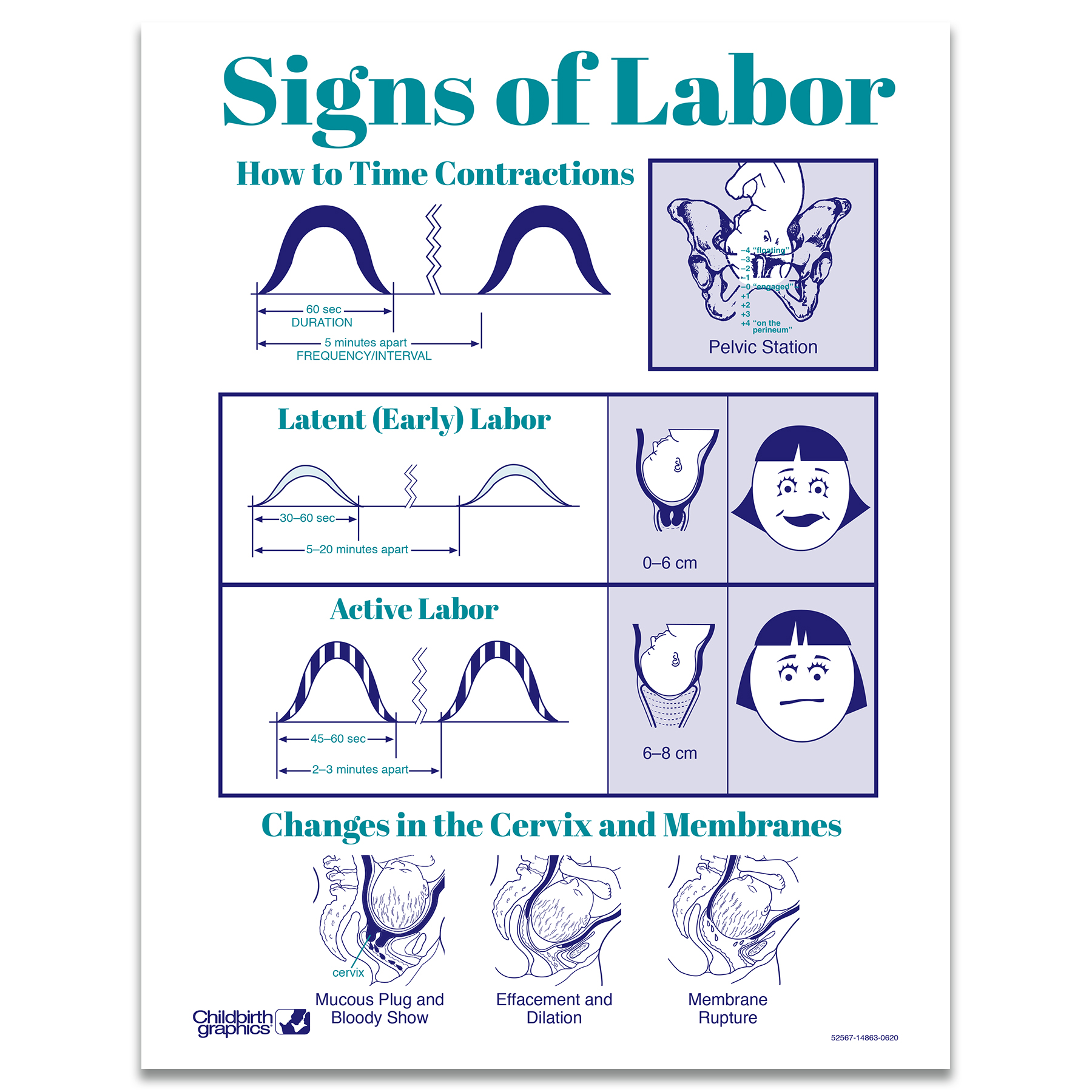Labor Pain Symptoms When To Go To Hospital - Congratulations on your pregnancy! As you prepare for childbirth, it's important to keep a close eye on your body and be aware of any signs that labor may be approaching. Labor pain can be intense, and it's crucial to know when to go to the hospital. Here are some key signs and symptoms of labor pain, along with tips for managing it.
Signs of Labor Pain
1. Contractions
One of the telltale signs of labor pain is regular contractions that become more frequent and stronger over time. These contractions may feel like menstrual cramps, and they will not go away when you change positions or rest. As labor progresses, the contractions will get longer and more intense.

2. Cervical changes
During pregnancy, your cervix has been closed and thick. As labor pain starts, your cervix will begin to thin and open in preparation for delivery. You may notice that you have a "bloody show" which means that your mucus plug has come out. This is a sign that your body is preparing for labor, and it's important to contact your healthcare provider.

3. Water breaks
When the amniotic sac breaks, you may feel a gush of fluid or a steady trickle. This is known as your water breaking, and it's a sign that labor may begin soon. Many women experience contractions shortly after their water breaks. If your water breaks, it's crucial to contact your healthcare provider right away.

4. Back pain and cramping
As labor progresses, you may experience back pain and cramping as your baby moves lower into your pelvis. This pain may radiate from your lower back to your thighs, and it may be accompanied by nausea and diarrhea. These symptoms may be a sign that you're nearing the end of your pregnancy journey, and it's time to head to the hospital.

Managing Labor Pain
1. Breathing techniques
When you're in the throes of labor pain, breathing techniques can help you manage it. Focus on deep, slow breaths that fill your lungs completely. This can help you stay calm and centered during contractions. You may also want to try "panting" like a dog to help you push more effectively during the pushing stage of labor.
2. Movement and position changes
Changing your position during labor can help you manage pain and progress your labor. Experiment with different positions such as squatting, sitting on a birthing ball, or leaning against a partner or support staff. Walking around and using gravity to help you through contractions can also be effective.
3. Massage and heat therapy
An experienced doula or nurse can apply pressure to your lower back during labor to provide some relief from pain. Massage and heat therapy can also be helpful. A warm shower or bath, heating pad, or warm compresses can ease sore muscles and provide some relief from tension and discomfort.
4. Medications
Many women opt for pain medications during labor. There are several options available, ranging from mild pain relief medications to epidurals. Your healthcare provider can help you determine the best option for you based on your medical history and your labor progress. Be sure to discuss pain management options with your provider in advance.
When to Go to the Hospital
Knowing when to go to the hospital can be tricky, especially if you're a first-time mom. In general, you should head to the hospital when:
- Your contractions are 5-7 minutes apart and last for 60 seconds
- Your water breaks, and the fluid is green or brown
- You experience heavy vaginal bleeding or severe abdominal pain
- You feel your baby moving less than usual
When in doubt, don't hesitate to call your healthcare provider for guidance. It's always better to err on the side of caution when it comes to your health and your baby's health.
In Conclusion
Labor pain is a natural and necessary part of childbirth. By staying informed about the signs and symptoms of labor pain and knowing when to go to the hospital, you can manage the discomfort as you bring your little one into the world. Remember that every labor experience is unique, and there is no "right" way to experience childbirth. You've got this!
Read more articles about Labor Pain Symptoms When To Go To Hospital